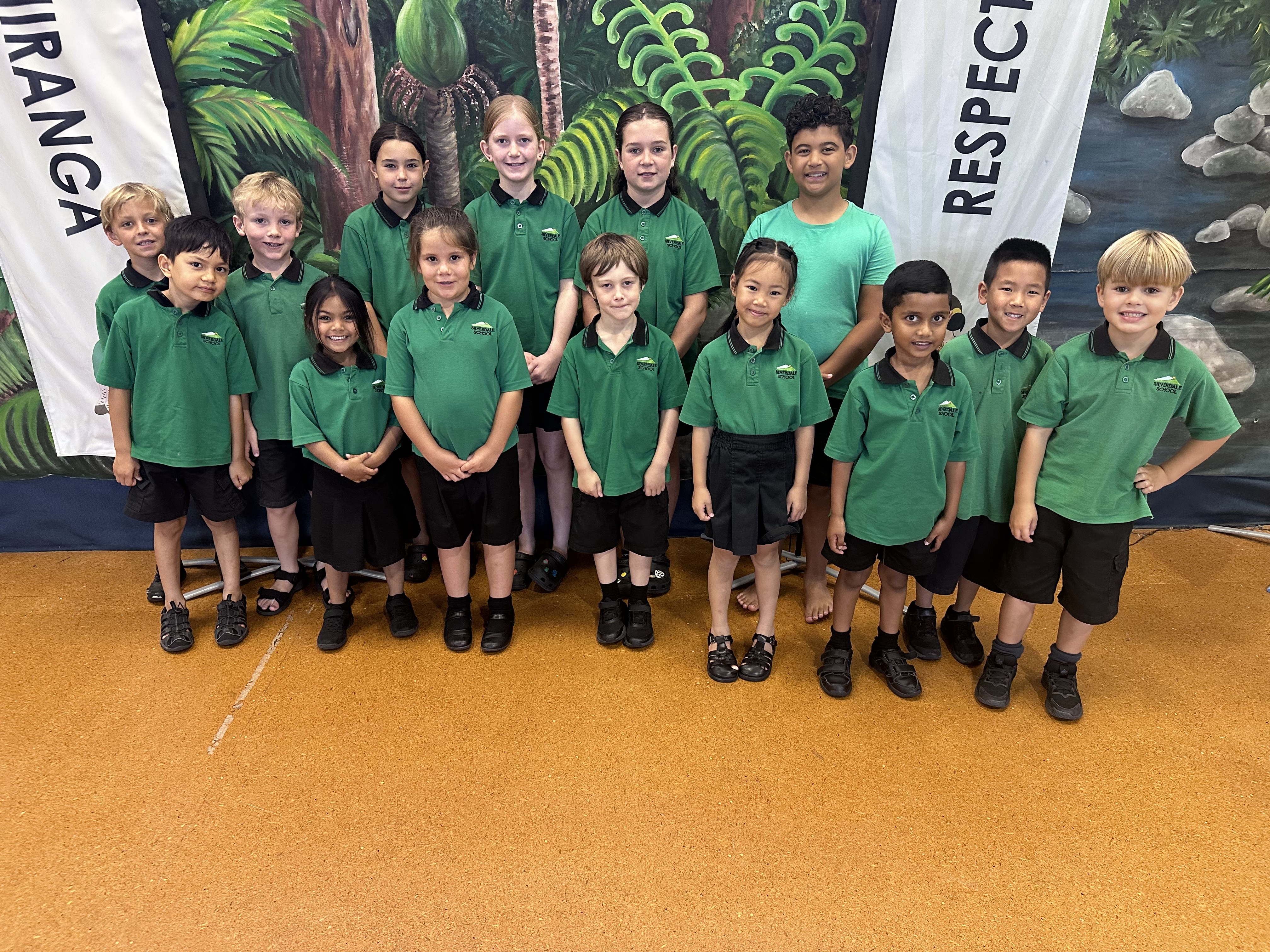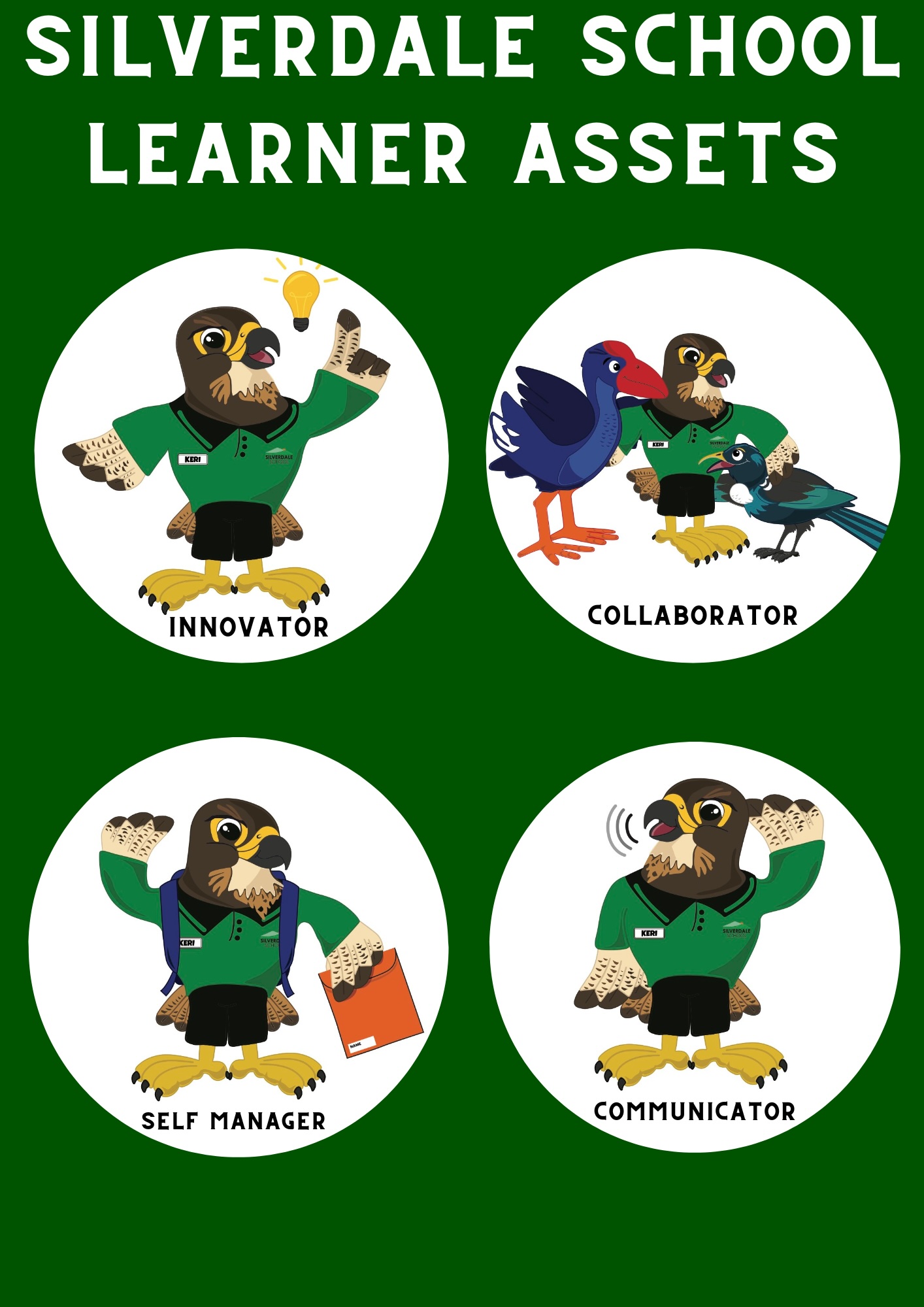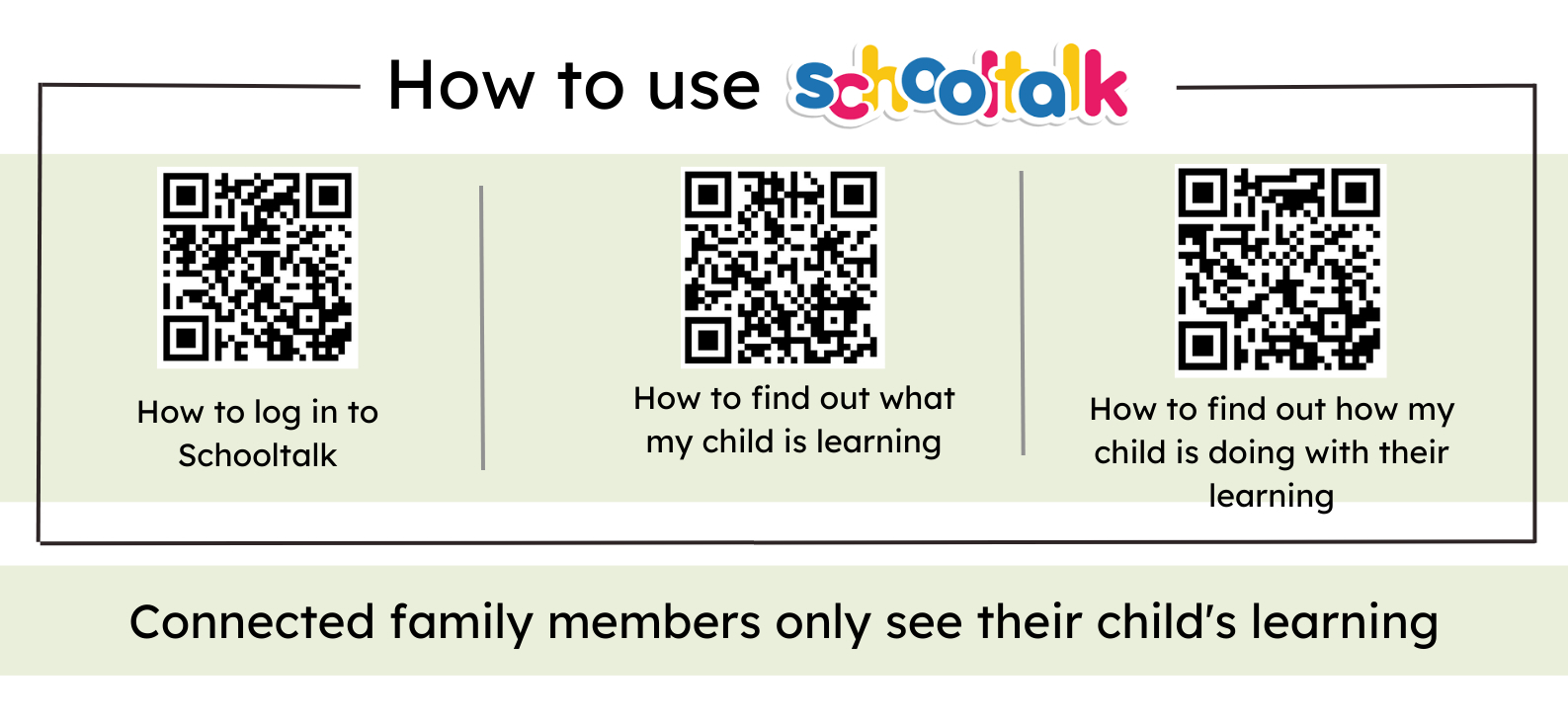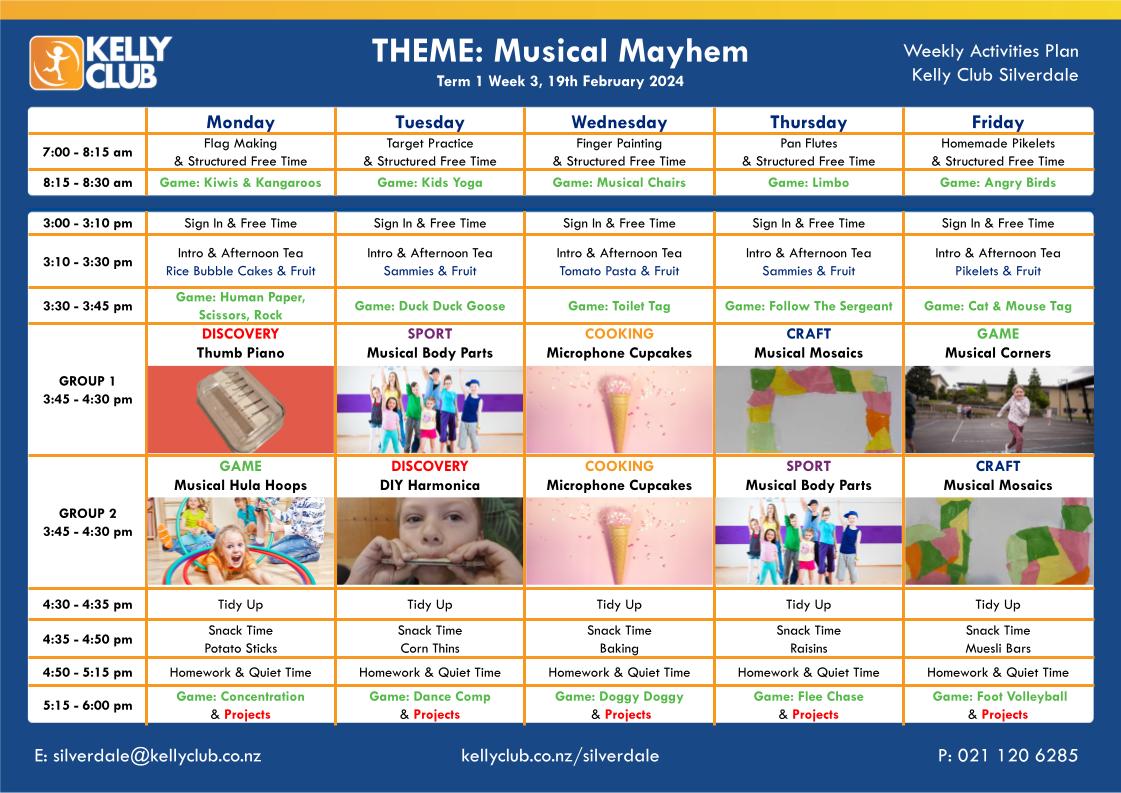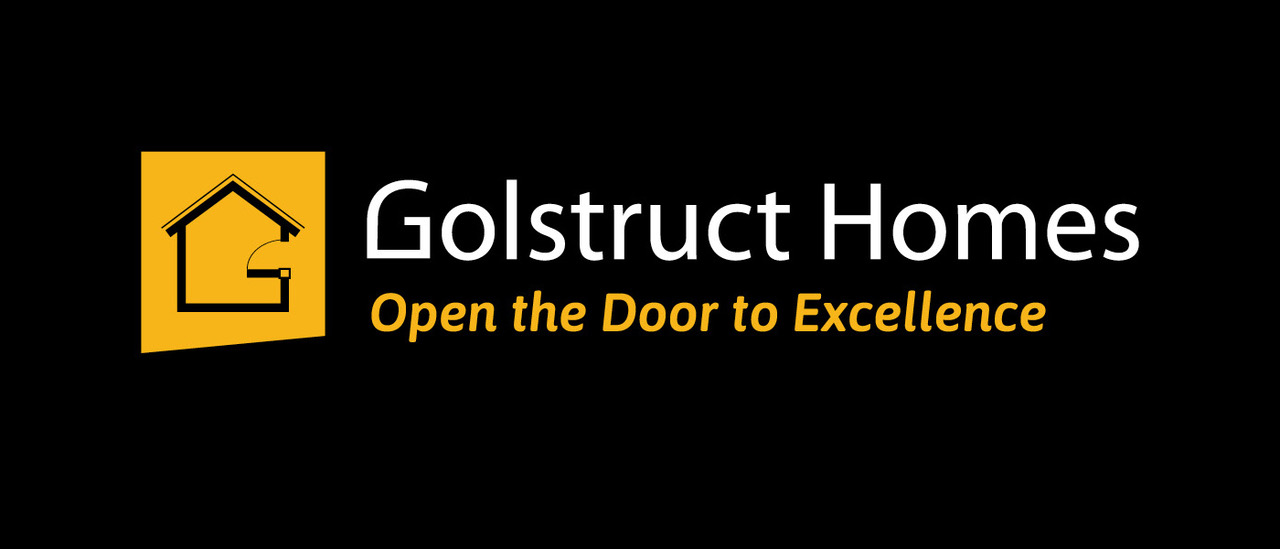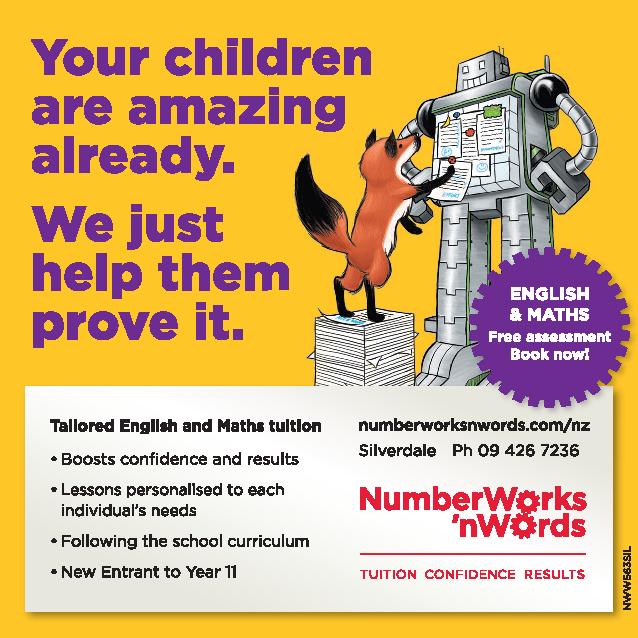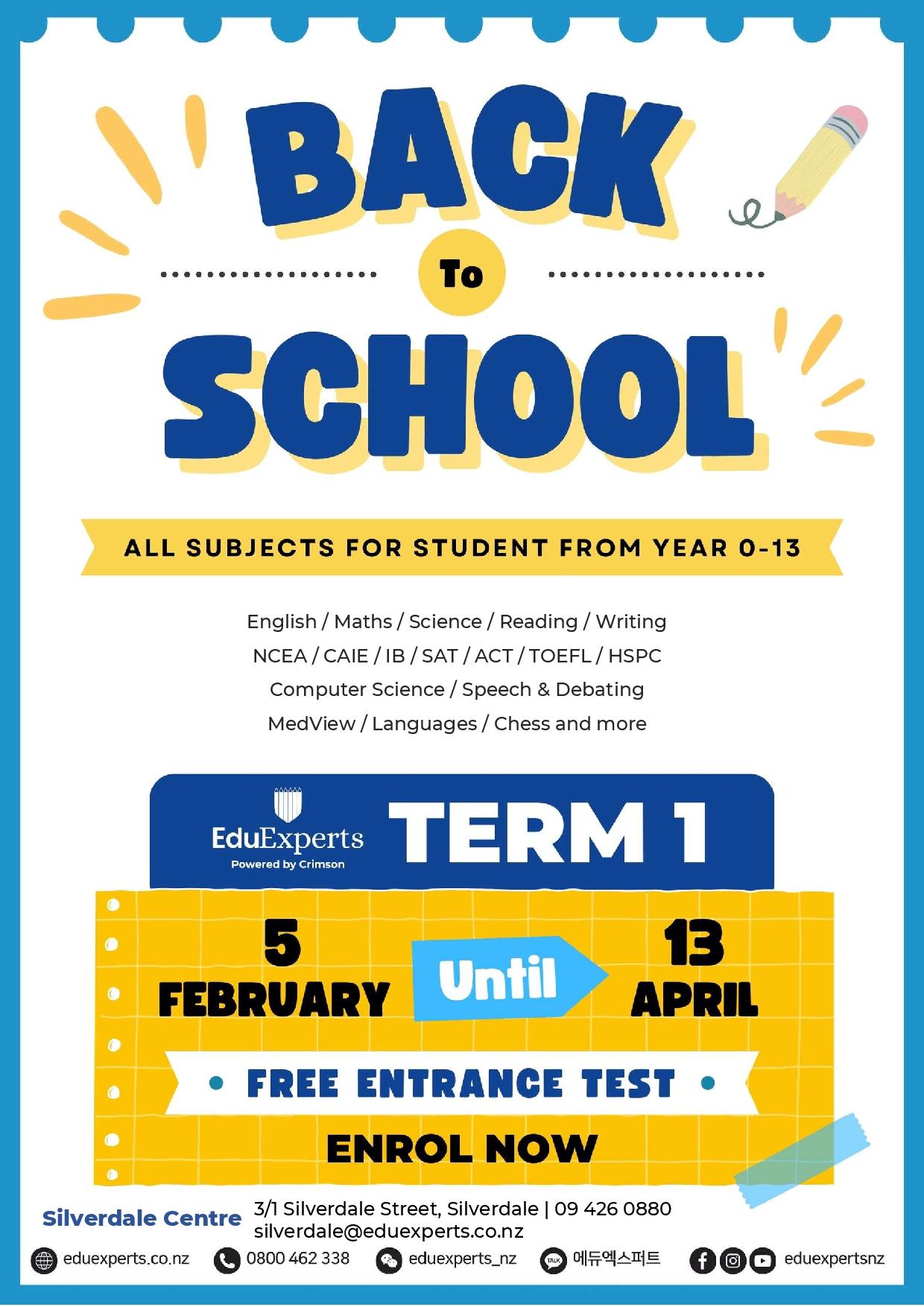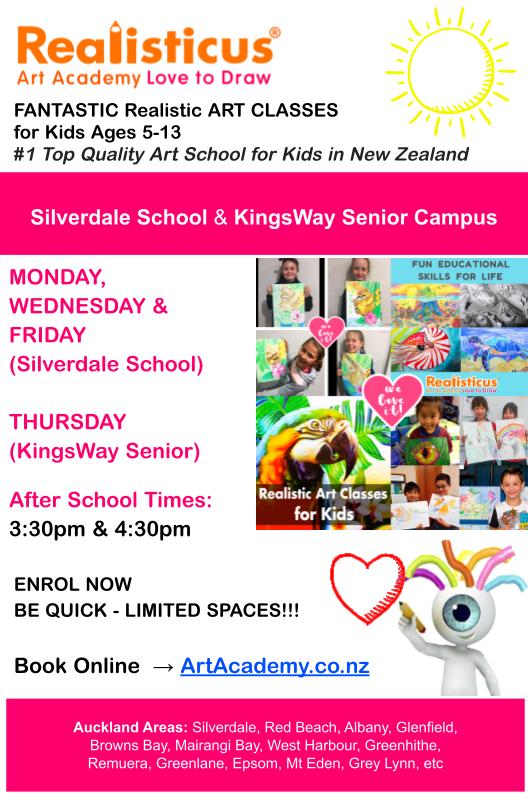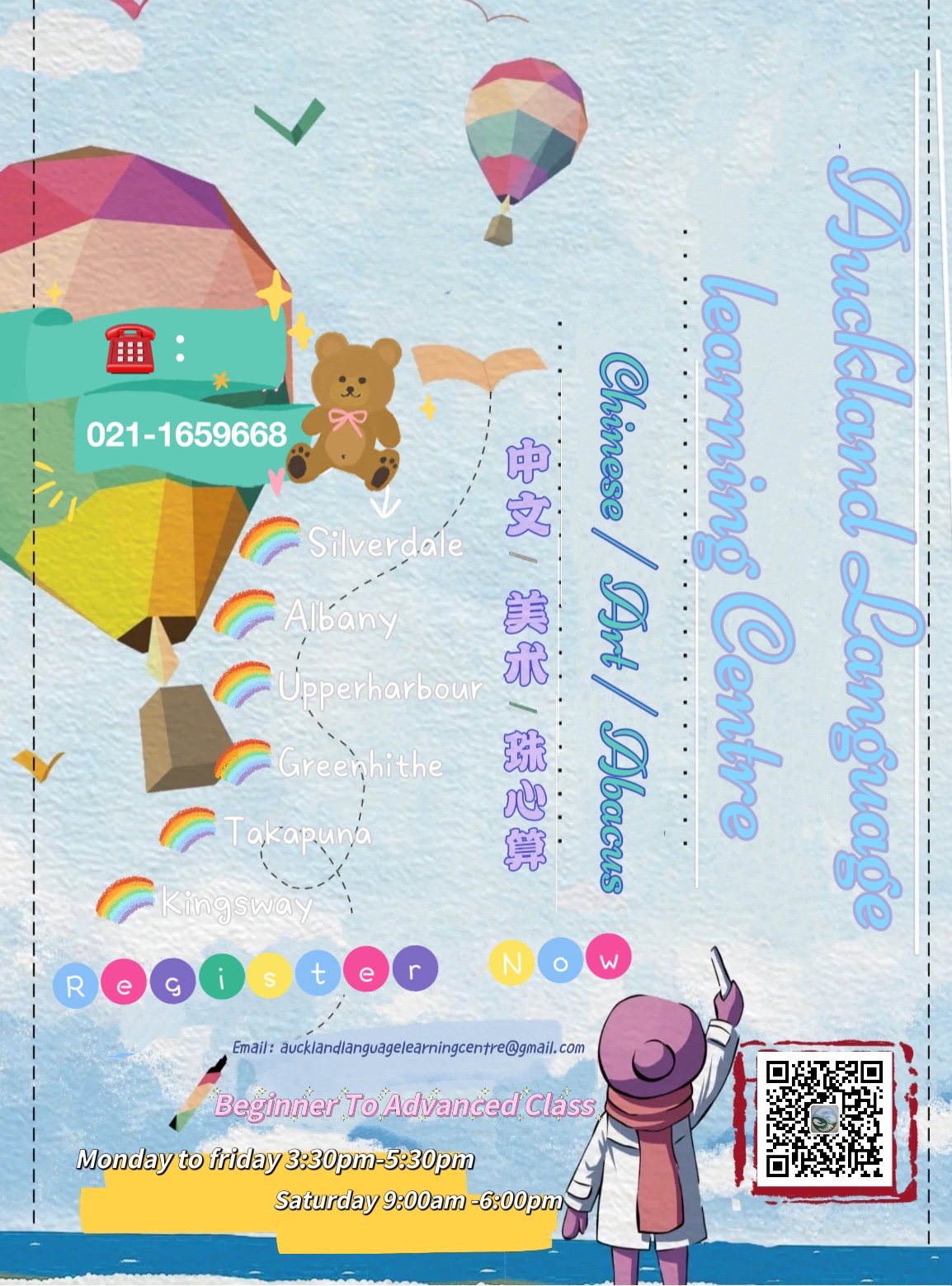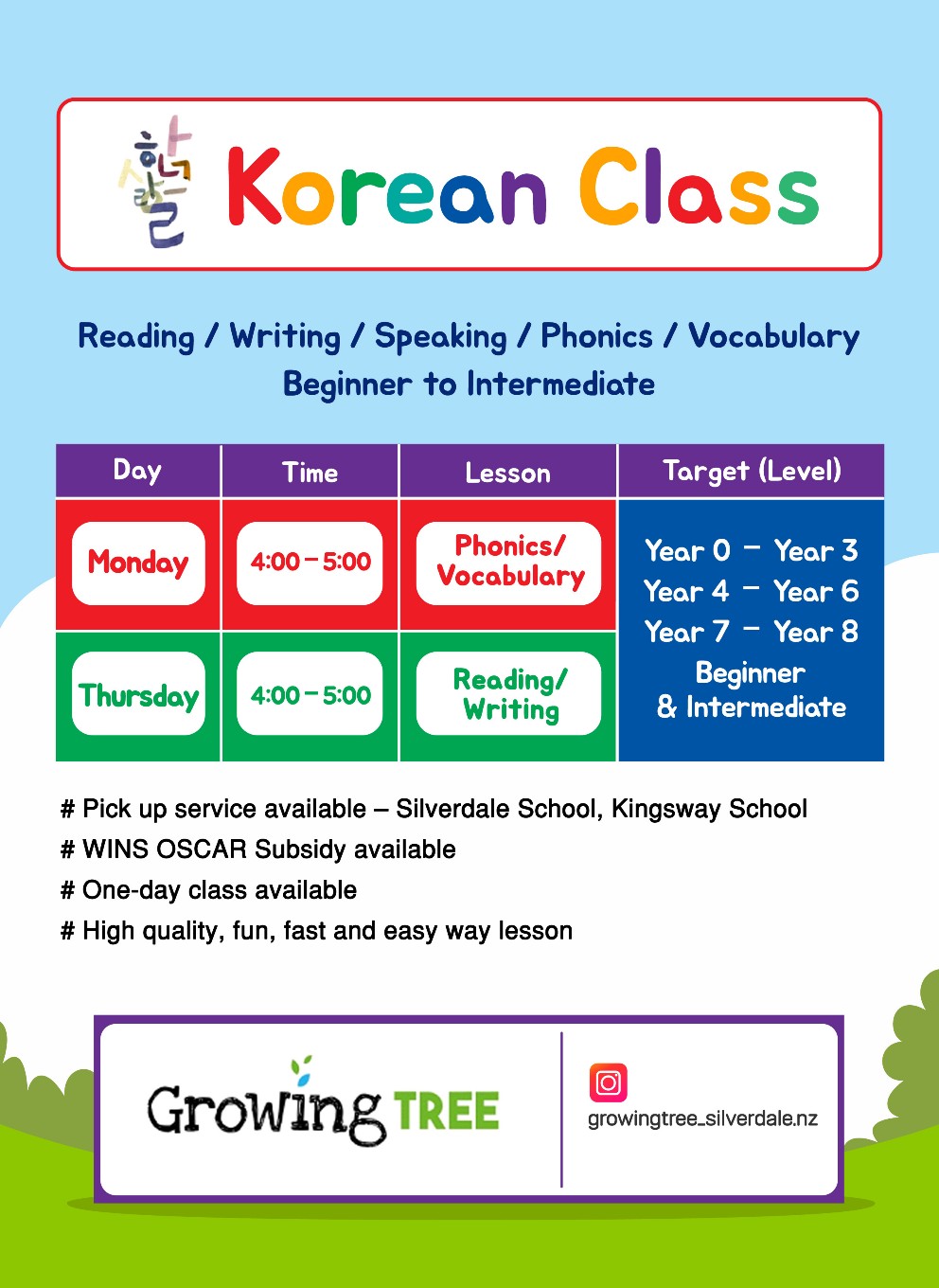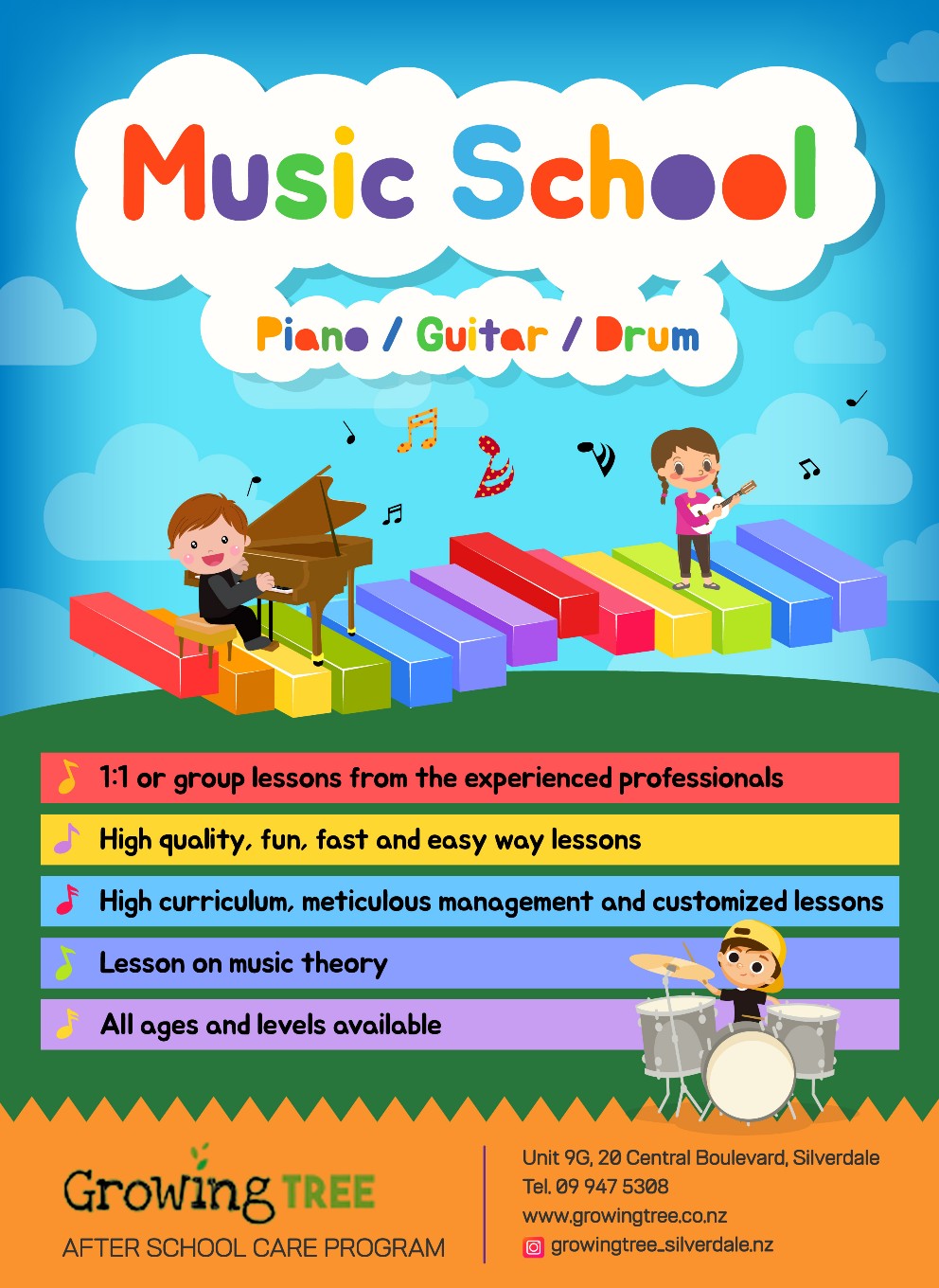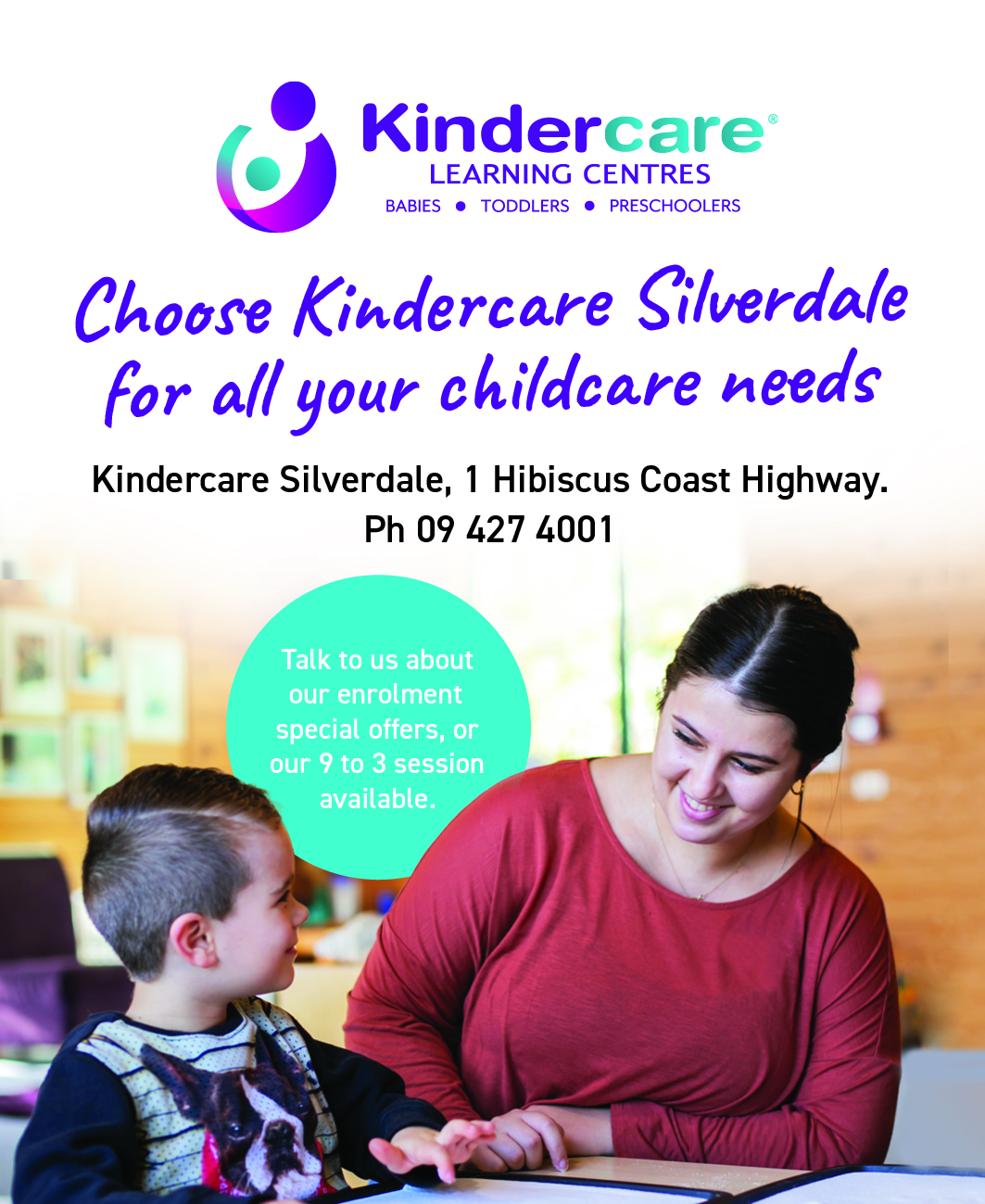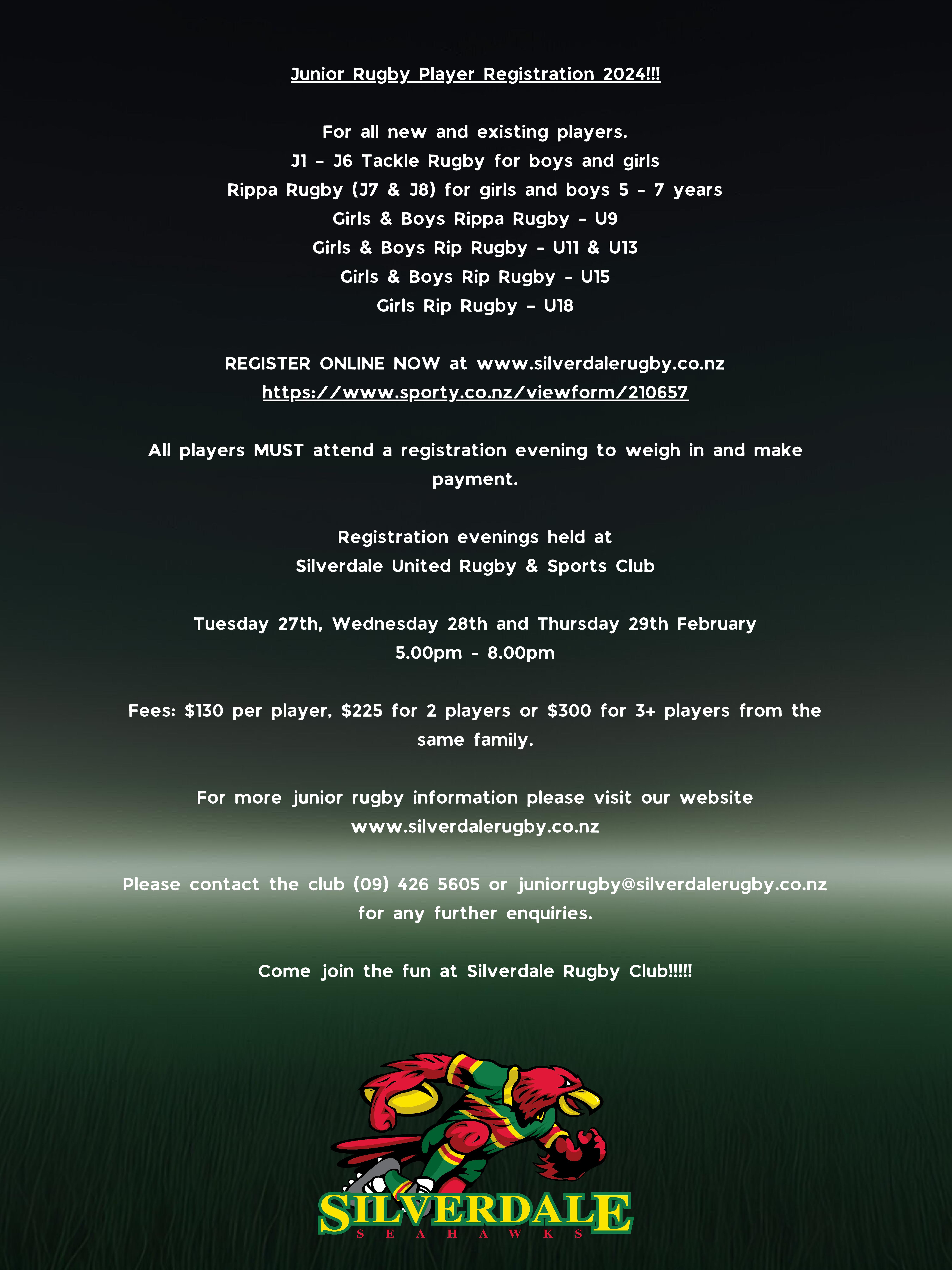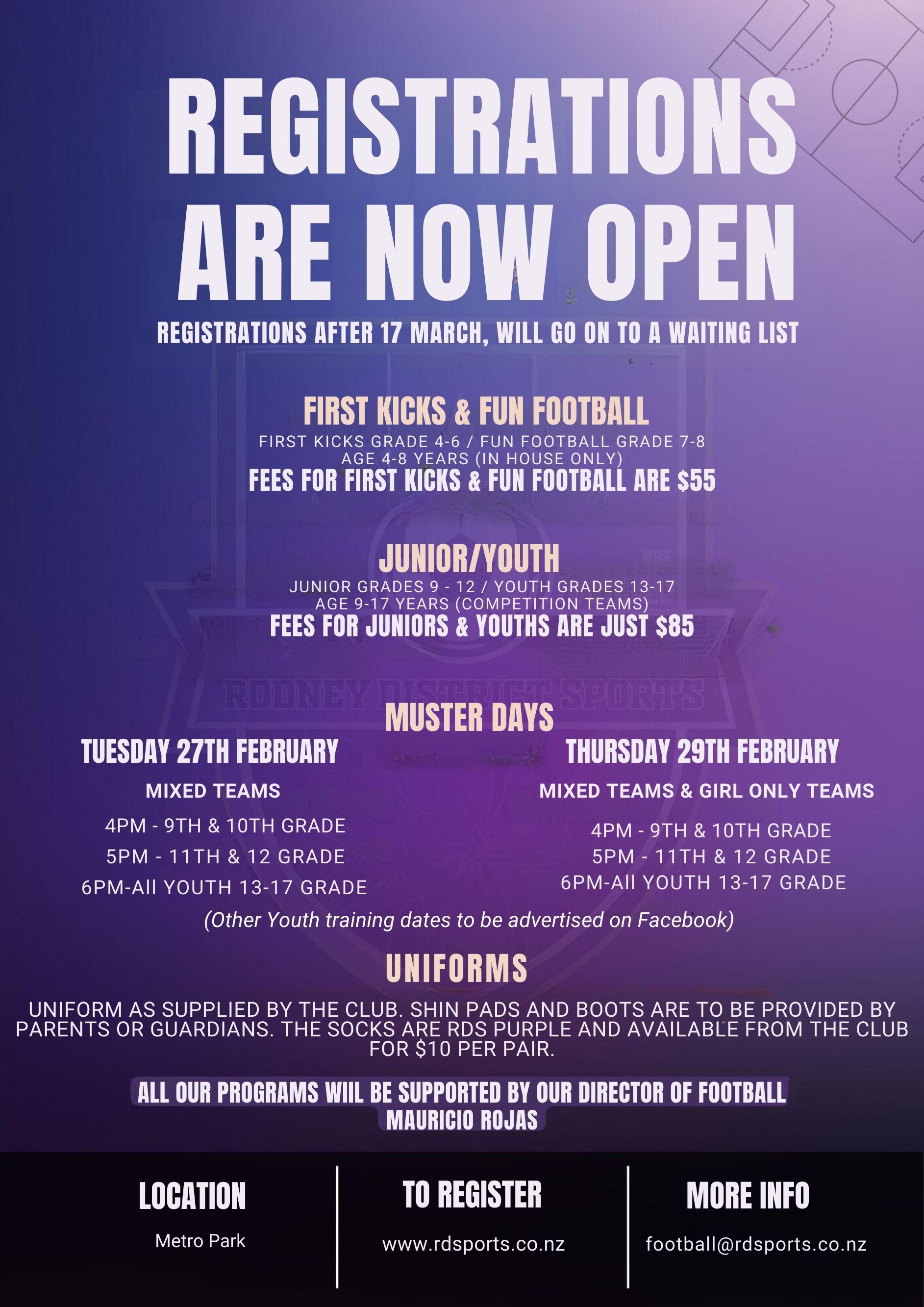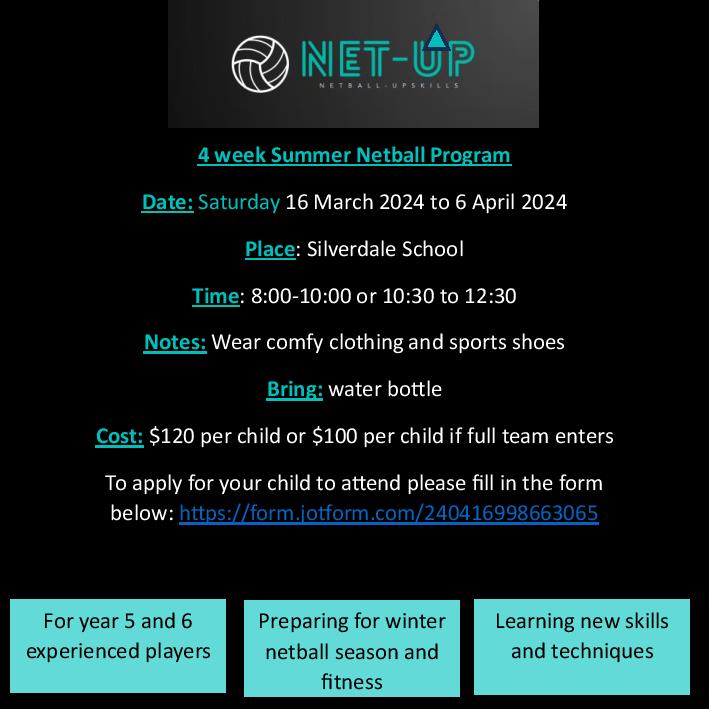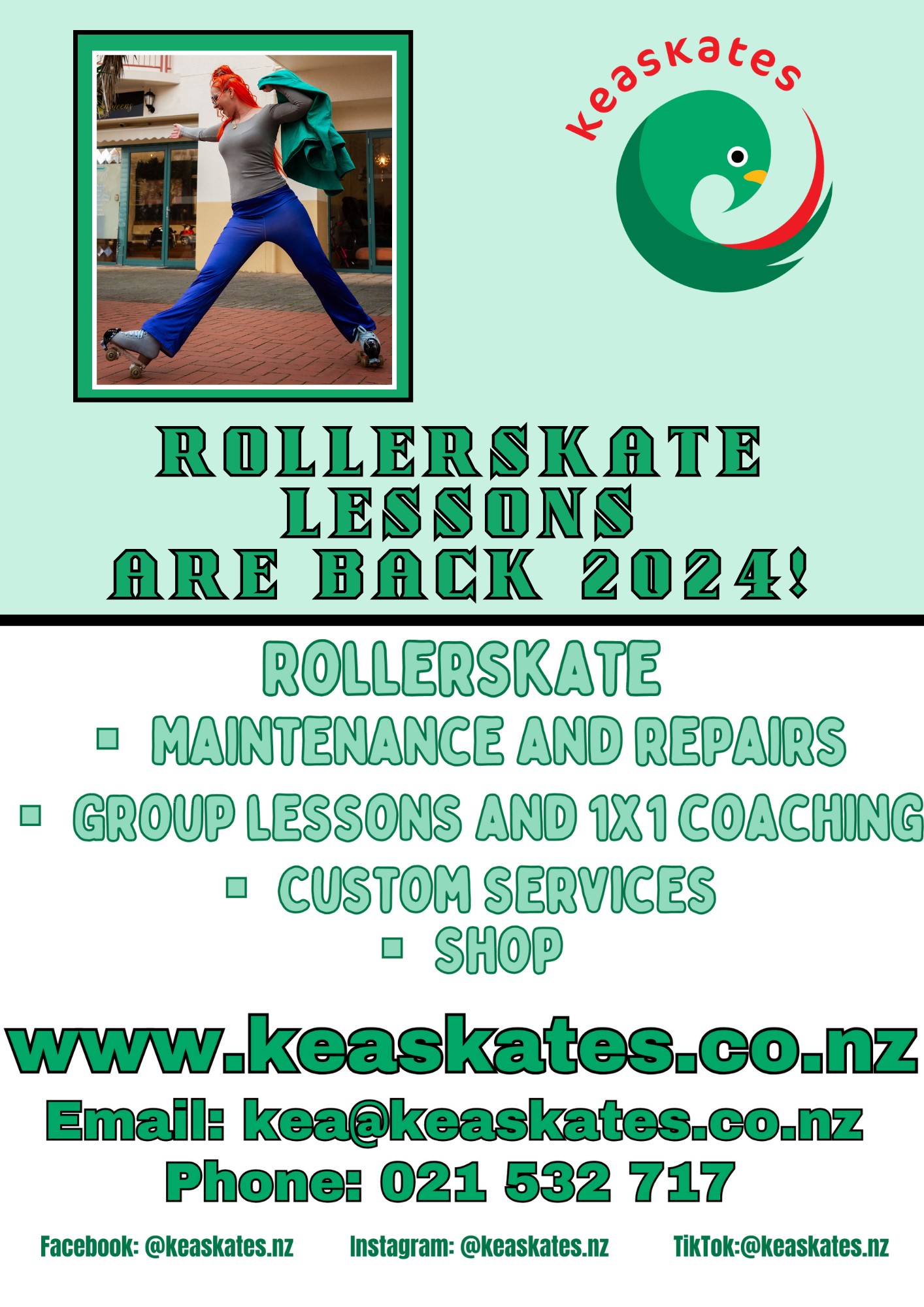Restorative Practices at Silverdale School
Me ata tirohia ki te kate
The problem is the problem, the person is not the problem
At Silverdale School we use a restorative practices/approaches as alternatives to more punitive disciplinary systems and procedures where often there have been little or no links between wrongdoers and those they have harmed, nor any real connections between the punishment and the actual offence.
The essence of restorative practices is simple: that all people are happier, more productive and more likely to make positive changes in their behaviour when those in positions of authority do things with them, rather than to them or for them. Building, enhancing and restoring relationships across any workplace, community group, school or culture, is absolutely essential for a strongly connected, empathetic, functioning society.
We feel that our previous measures we used, often fail to meet the relational needs of teaching and learning in the 21st century. We are finding restorative practices/approaches are more effective in establishing long term lasting changes in relationships, more connecting of the members of a school community and more involving and hearing of victims.
Punitive versus Restorative Responses
|
Punitive Responses – focus on punishment.
|
Restorative Responses – focus on accountability, healing and needs.
|
|
What rule has been broken?
|
What happened?
|
|
Who is to blame?
|
Who has been affected? How?
|
|
What is the punishment going to be?
|
What needs to be done to put things right?
|
| |
What do we need to do to move forward?
|
Restorative practices/approaches is based on the idea that the best way to help someone who has done wrong is to give them the opportunity to put things right.
As a staff we are using restorative conversations when dealing with challenging behavior you can also apply this at home.
Tell the Story
- Tell me what happened?
- What has led to us needing this conversation?
- What were you thinking when you did that?
- What have you thought about since?
- How does that fit with our values here?
Explore the Harm
- Who do you think has been affected? Who else?
- In what ways?
- What do you think it must have been like for them?
- What that a fair or unfair thing to do? The right or the wrong thing to do?
Repair the Harm
- What needs to happen to put things right?
- What do you think_________ needs to hear/see from you now?
- Is there anything else that you can think of that might help?
- What will sorry look like in action from here?
Reach an Agreement
- What do you need to stop doing, stay doing, start doing?
- If this happens again – what could/would you do differently?
- From now on how will you show the school/home values?
- What do you need from me/us to support you?
Plan Follow Up
- When shall we check in with you to see how you’re going?
- What will happen if our agreed outcomes haven’t been reached?
Growth Mindset
At Silverdale School we talk with the children about having a growth mindset and not a fixed mindset. Below is an excerpt taken from https://www.mindsetworks.com/science/ about the difference between a growth mindset and a fixed mindset.
Fixed vs. Growth: Understand the two basic mindsets that shape our lives
Have you ever wondered why some children shy away from challenges and crumble at the first sign of a struggle? Maybe your child has a history of quitting activities, sports, or school work when they didn’t immediately excel. Maybe years of struggle or a few bad experiences have convinced your child that “I’m just not good at that.” Learning about fixed and growth mindsets will help you to change destructive patterns, allowing your child to lead a happy and fulfilled life full of lifelong learning and limitless potential.
What is a growth mindset?
Through decades of research, Dr. Carol Dweck, a Stanford University Psychologist, found that people’s beliefs about their intelligence differ. Some people believe that their intelligence and abilities are unchangeable. In other words, you have a certain amount of intelligence, and you can’t do much to change it. This is called a “fixed mindset.” Think about the phrase, “I’m not a maths person.” This statement indicates a fixed mindset about maths, because it attributes maths ability to an unchangeable quality. Others have different ideas about their intelligence and abilities. Some people believe that it is possible to grow your intelligence through effort. This is called a “growth mindset.” Think about the phrase, “Maths was really confusing at first, but I’ve studied hard all year and I understand it a lot better now.” This indicates a growth mindset, because it shows a willingness to dig in deep.
Why is it important?
Holding a fixed or a growth mindset has huge implications when it comes to motivation. If children have a fixed notion of intelligence, they probably believe that success has a lot to do with talent. They may think that some are born with the ability to succeed, and others just aren’t. They might view successful people as possessing some unattainable, innate gift. The side effect of the fixed mindset is a helpless or apathetic attitude toward effort — especially when it comes to challenging tasks. The simple belief that intelligence is malleable can better equip children for challenging tasks and difficult subject matter. If they know that they can develop their abilities, that effort and dedication make a difference in the formula for success, and then children won’t become paralyzed by challenge. The growth mindset creates a love of learning and a resilience that is essential for achieving goals.

